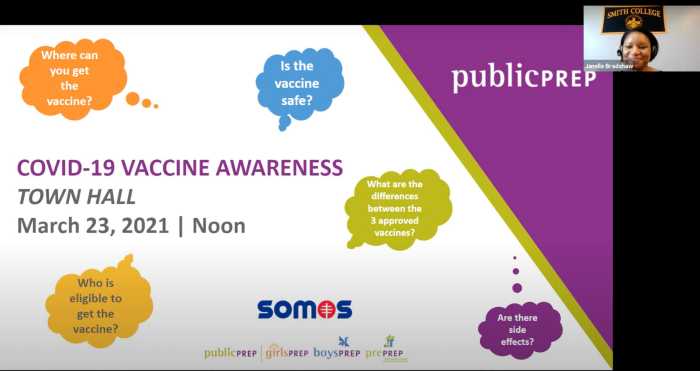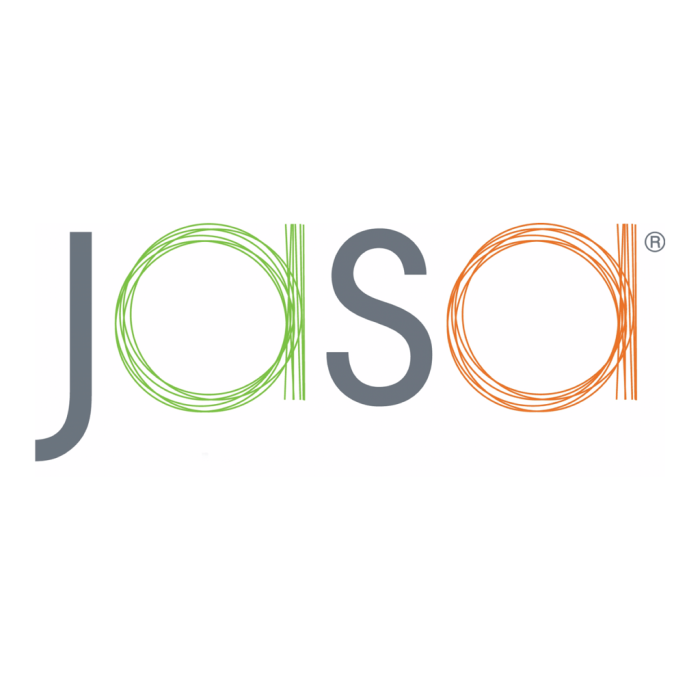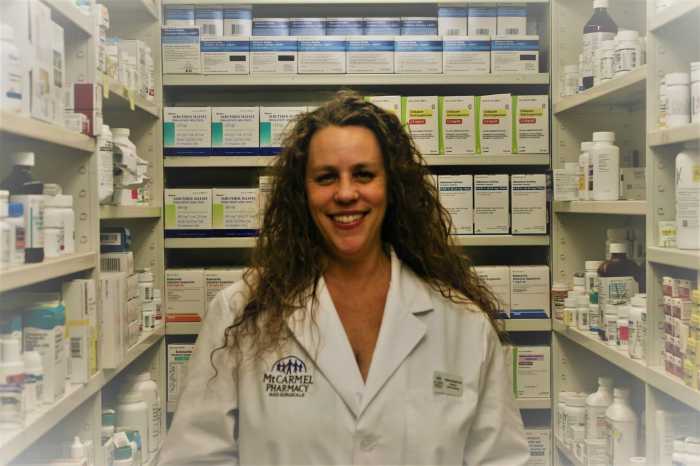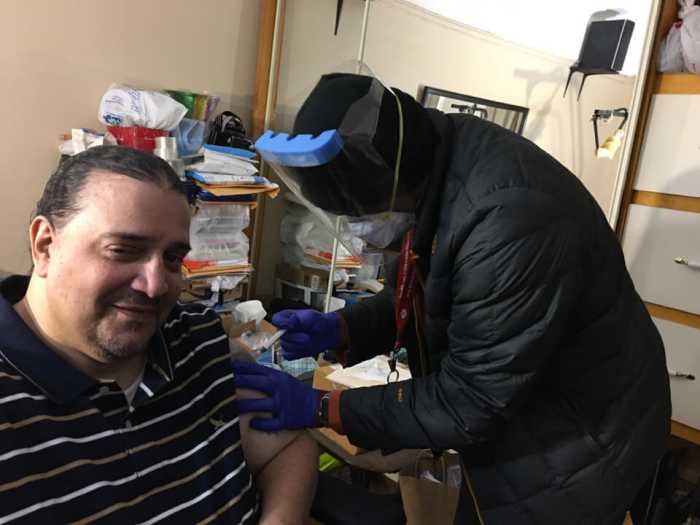As the mpox — formerly known as monkeypox — outbreak officially concludes, the city health department determined that Bronxites made up 19.5% of cases citywide during the outbreak.
From May 19-Dec. 31, 2022, there were 3,821 monkeypox cases in New York City, with 39.1% of cases attributed to Manhattan residents. Brooklyn residents made up 23.9% of cases; Queens residents made up 16.1% and Staten Island residents made up 1.3%. The borough of residence was unknown for 0.1% of cases.
The city health department declared the outbreak over on Wednesday, saying transmission has remained “very low” in the city for two consecutive months.
“The declaration follows the successful vaccination of more than 100,000 New Yorkers, and community partnerships in education and behavior change,” according to the department.
The city had been the epicenter of the outbreak amid a national public health emergency that expired on Tuesday.
At the peak of the outbreak, there were about 70 reported cases a day in NYC, which dropped to a seven-day average of zero through much of January, the health department reported.
Nearly 50,000 people were reached through outreach strategies at bars, parties and health fairs to educate people about prevention strategies and sign them up for vaccinations, according to health officials.
While health officials are being commended for their efforts to curb the outbreak, LGBTQ+ activists are also being praised for taking their own steps to reduce the spread of the disease when the threat became clear.
As one example, RESPND-MI — which stands for Rapid Epidemiologic Study of Prevalence, Networks, and Demographics of Monkeypox Infection — a grant-funded organization, put out prevention messaging, conducted a survey of mpox symptoms and mapped networks of queer and transgender people in NYC.
Nick Diamond, a leader of the effort, said government response improved only after gay activists pressured officials and did a lot of the outreach and education themselves.
“A lot of HIV activists knew that it would be up to us to start a response to monkeypox,” he said.
The city health department partnered with local groups during the outbreak to reserve vaccine appointments for high-risk clients, while at times the demand outweighed the available supply. The city also reserved vaccination appointments for areas with a high percentage of health and socioeconomic disparities, categorized by ZIP code.
New York City administered 155,000 doses of the vaccine, more than any other state except for California, while NYC also introduced a vaccination strategy that was followed nationally, according to the department.
The data shows that 63.9% of people who got mpox in the outbreak identify as LGBQ+, 8.3% identify as straight and the sexuality was unknown for 27.8% of people.
While the outbreak is now officially over, transmission is still occurring at a low level, so providers should continue to test when patients have symptoms, according to the health department.
Sean Ebony Coleman, founder and executive director of LGBTQ+ center Destination Tomorrow — which partnered with the health department during the outbreak — said in a statement to the Bronx Times that it’s crucial for people to understand the disease is still being transmitted.
“Misinformation and a lack of resources, especially for people of color and LGBTQ+ folk, also remain a problem,” said Coleman. “We owe it to members of these communities to keep educating ourselves and continue the conversation on how to safeguard individuals for the future.”
Mpox vaccinations and testing are still available at NYC Health + Hospitals clinics across the city, including at Jacobi Medical Center.
This article was updated on Feb. 3 at 9:55 a.m. to include a statement from Destination Tomorrow.
— AP contributed to this report
Reach Aliya Schneider at aschneider@schnepsmedia.com or (718) 260-4597. For more coverage, follow us on Twitter, Facebook and Instagram @bronxtimes
























